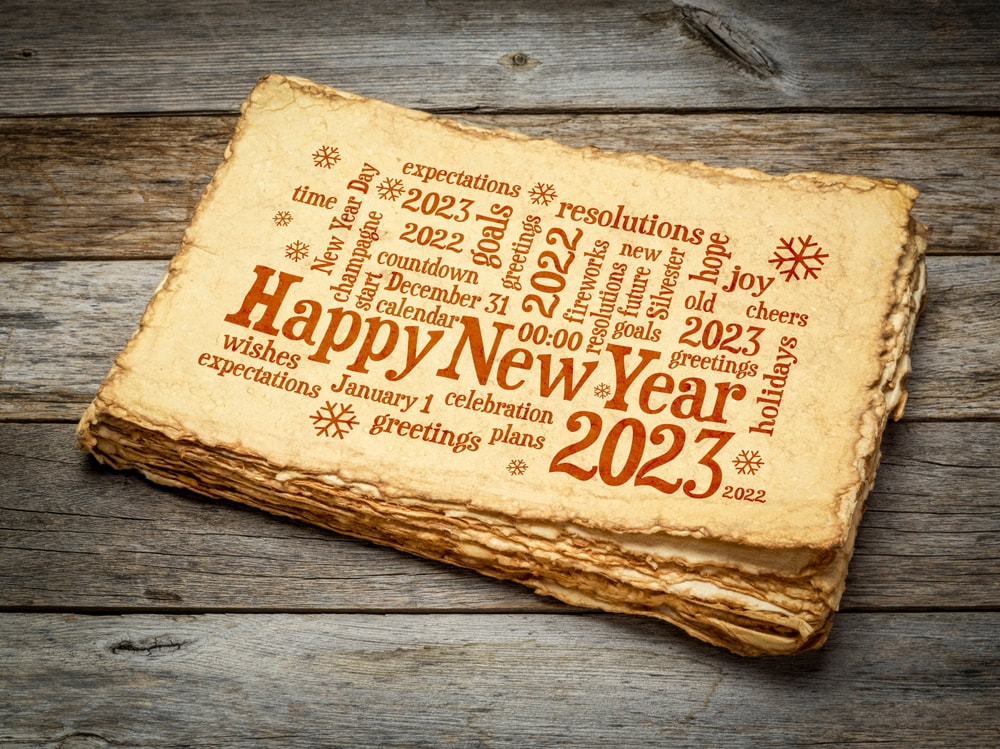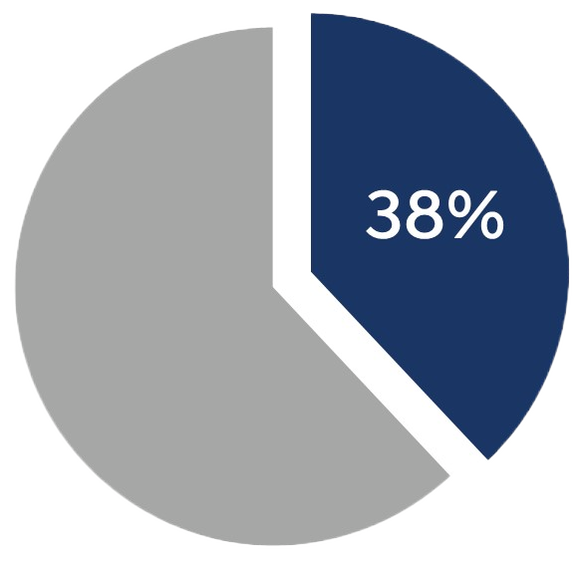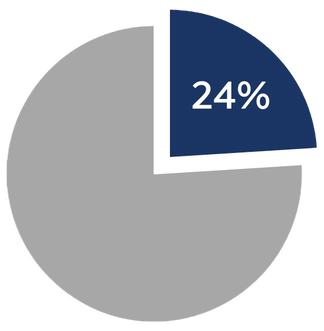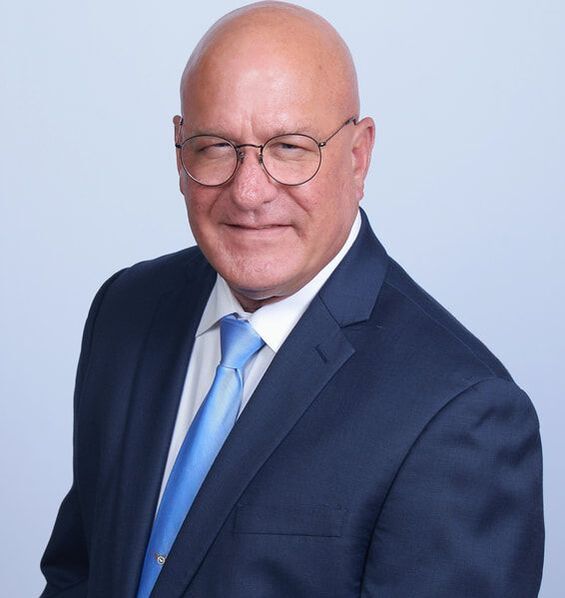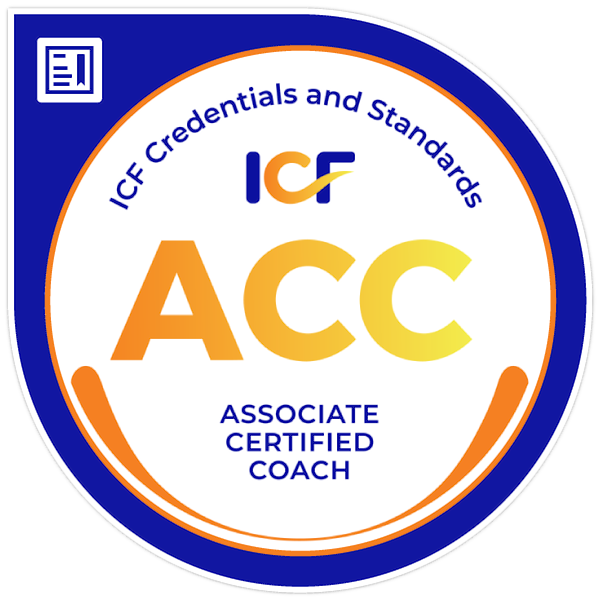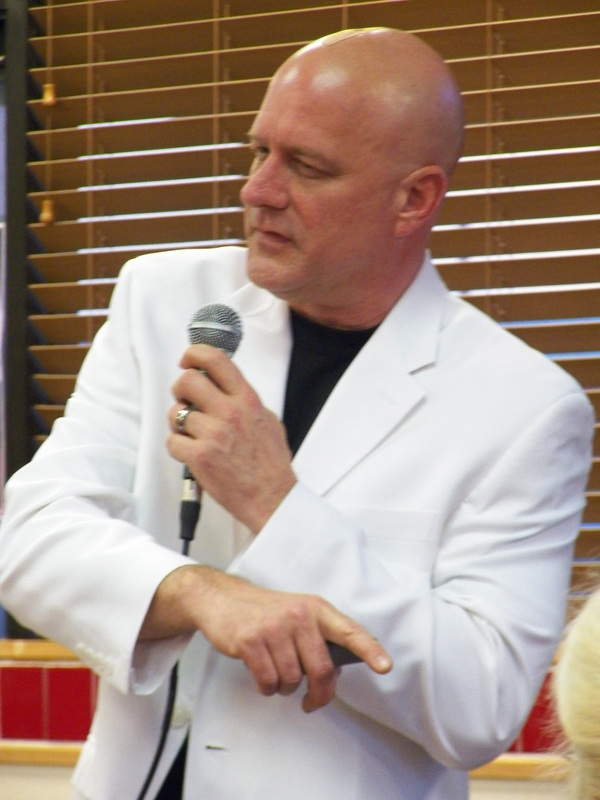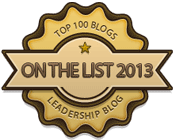|
A really interesting and inspiring way to wrap up 2022 and look forward to 2023 this week is with Google's Year in Search.
Each year, Google reports what has been most-searched for on their platform that year globally and by various geographical breakdowns. They started creating a video montage of that annual data in 2010. This year's video is another stellar edition (at the top of this blog). While one Google blogger, Simon Rogers, reports that Google has been doing this for 22 years, the site only goes back to 2001. One fun way to check out Year in Search is by entering your zip code or city and see what was most-searched for where you live or search other cities for some interesting fun. You can do that here: Google Year in Search by Zip/City When I did that for me, I got the Houston, Texas data (I live in Pearland right outside Houston). The Houston area searched for public library near me more than anywhere else in the country. Somehow, I find that reassuring. And the #1 and #2 searches for Houston? Gas prices near me and Cheapest gas near me. How not surprising for any city in 2022! See what Google trends reveal about the questions we shared, the people who inspired us, and the moments that captured the world’s attention each year. Happy New Year!
Have an amazing journey!
Alan Mikolaj is a coach and leadership development consultant with 15+ years of experience. He is passionate about helping leaders transform their leadership, their teams, and their organizations. Impactful, professional approach driven by a passion for meaning and purpose, a growth mindset, and a commitment to excellence and service in order to drive change and results.
Click here to schedule a free Discovery Conversation: Discovery Conversation with Alan Alan maintains the ethics and standards of behavior established by the International Coaching Federation (ICF), including the standards regarding confidentiality. You can learn more about them on the ICF website.
0 Comments
As we get ready to plunge into these next three weeks that include Hanukkah, the Winter Solstice, Kwanzaa, Christmas, Boxing Day, end of the fiscal year for many, and New Year's (am I missing something?), it may be helpful for us to pause for a moment and gain some perspective on the holidays and think about integrating a few strategies from psychology that just might help us more fully enjoy and respond to what the season brings—and maybe even avoid a disaster. So, I'm going to share three strategies and take-aways from psychology that you can integrate into your game plan going into the holidays. To get us started, I want to share a true story. A true story It all started a few months ago. My wife began telling me about what she wants for Christmas and our anniversary.
"A ring? Really? What about your wedding ring?" I sheepishly asked. She wanted a ring. A special ring. Okay. Clear expectations. This should be easy—or so I thought. Fast forward to about two weeks ago. I finally launched my 'special ring' search. I didn't get very far. I stopped about 20-minutes in. It's been awhile since I've shopped for a ring of this magnitude—fifteen years to be exact. What I was clear on, was that this anniversary was very special for her and that this ring had to be special to match. She was very clear about that. When I looked at the search results, the range on the styles seemed endless. Does she want gaudy, simple, or somewhere in-between? Does she want a real diamond or is Zirconia okay? Does she even want a diamond. Maybe a ruby? Red is her favorite color. Or maybe a band, or something else? Does it have to come from a jeweler or is JTV or Amazon okay? I needed more clarity. "Hun? Can you come in here and at least help me narrow down what kind or style of ring you want?" I asked. "I'm not asking you to tell me the exact ring you want, unless you really want to. But, if you can help me at least narrow it down to what kind of ring or style you're imagining, it would really help." It's a good thing I asked. I would have totally missed the mark of what type and style of ring she actually wanted and expected and she probably would have been disappointed. She clarified that she wanted something simple and we then clarified a few other specifics. And she pointed to a few rings that she liked. I thanked her and told her I'd do an extensive search and find something I thought met her expectations and would still pleasantly surprise her. We'll find out how I did on Christmas morning. If she hadn't first told me what she wanted and I hadn't asked for clarity and she hadn't given it, well... who knows what might have happened? I found out after clarifying with her that the rings that were catching my attention at first, were way off-base from what caught hers. And, that's the whole point of our first strategy: Check your expectations—and that includes communicating them and asking for clarity, even when you think you have it. STRATEGY #1: Check your expectations. Are expectations good or bad? "Yes," says Mel Schwartz, a psychotherapist, marriage counselor, TEDx speaker, and author. "They are neither and they are both. They are what me make them and what we make of them." While healthy expectations are necessary for normal functioning, growth, and thriving, they can also be unhealthy or what psychologists calls unrealistic expectations. Those can get us into real trouble, especially around the holidays. Problems with expectations can emerge when we expect something to happen without good reasons for them and/or not communicating them clearly or at all. Disappointment Expecting life to always turn out just the way you want is a guarantee for disappointment, especially around the holidays. Why? Reality check! Because life—and the holidays—will not always turn out exactly the way you want them to. So, evaluate your expectations. Are they realistic? Are they clear? Did you communicate them clearly? Did you ask for clarity of others' expectations? Resentment And when those unfulfilled expectations involve the failure of other people to behave the way you expected them to, your disappointment can also lead to resentment. And then there's the impact on them. If your expectations weren't clear or weren't verbalized at all, that intensifies any resentment. This is part of what we call the implicit social contract. We just assume that everyone in our lives knows what is expected or wanted and we all walk around with this internal, unspoken, unclarified deal lurking in the background just ripe for violation. Without actually verbalizing and clarifying expectations about give-and-take in a relationship, about events, meals, how people should and should not behave, gifts and gift-giving—the list is endless—without this communication, people create stories in their heads about what is and what is not legitimate expectations of each other. It's hard for someone to live up to your expectations if they don't know what they are. Believing that an unverbalized expectation will bring you what you want is magical thinking, unrealistic, and sets you and others up for disappointment and resentment. Some solutions Consider letting go of, revising, communicating, and/or clarifying some of your key holiday expectations. In his article, Unrealistic Expectations Impede Happiness and Empathy, Mark B. Baer quotes Dennis Prager as saying: Because gratitude is the key to happiness, anything that undermines gratitude must undermine happiness. And nothing undermines gratitude as much as expectations. There is an inverse relationship between expectations and gratitude: The more expectations you have, the less gratitude you will have. Expectations that serve you and others are healthy. Those that don't , aren't. Ask for clarity, even if you think you have it. Remember my opening story. Clear, or even better, more clear expectations avoid resentment and disappointment and enhance experiences. Healthy and clear expectations help you and others grow together, experience greater intimacy, and experience life more fully—and fill the holidays with greater joy, to boot. Keep a check on your own expectations and clearly communicate key expectations as you go through the next few weeks. Clarify expectations. If you don't know or aren't clear, ask. Oh, and all of this applies to your leadership and work environment, too. STRATEGY #2: Remember the experiential advantage. I wrote about this strategy a couple of week's ago in my blog: Oh, What to Buy for Christmas? It's got some great lessons on this. In a nutshell, purchased experiences (versus things), especially those that include meaningful, positive conversations with loved-ones tend to bring more and longer-lasting happiness, memories, and consumer satisfaction. So, think about including an experience, like a trip or a dinner out, as part of your holiday gift purchases. Create your own experiences. Making time to relax, have fun, and enjoy moments with those you love (with clear, verbalized expectations, of course!) is a way to take advantage of the experiential advantage. The more they can include meaningful conversations, the greater the impact. And they can be low-cost or free. STRATEGY #3: It's okay to set boundaries. While experiences are good, you don't have to do everything, go to every event, and get and give everything on your list or theirs (see Strategy #1 on expectations above). And, you don't have to interact with everyone. There may be people (including family) that it's just not such a good idea to see and interact with this holiday season—for some that may include psychological and even physical safety issues. Increase meaningful conversations & reduce difficult ones Remember, it's the meaningful, positive, conversations that make the difference. It's important to take care of yourself and those you love during the holidays—and setting healthy boundaries can help cut down on the rush and stress. Boundaries can also reduce the possible inappropriate timing of and the inappropriate place for a difficult conversation. That can reduce conflicts. Think about saving those for after the holidays and not at a family gathering or the office holiday party. You may not be able to avoid that person entirely, but you can express your boundaries, when needed, and then limit the interaction. How do you set boundaries? When setting boundaries, get clear and communicate them calmly. Be ready to articulate them and why you set them. Be ready to negotiate and compromise, when appropriate. If your boundaries need to be firm, stick by them. It's okay to have a time-out during the holidays and pickup on difficult conversations when it may be more appropriate. If you want to learn more about setting and enforcing healthy boundaries, I recommend one article from Positive Psychology.com and two short articles from Psychology Today:
Setting, appropriate, healthy boundaries can help make your holidays more merry and joyful. There's so much more. There are all kinds of other strategies from psychology, like nurturing gratitude and the positive psychology of giving and kindness, which are such a central part of the holidays. But alas, Santa's got a long list and some expectations that he's gotta check—and he's gotta check 'em twice. Until next week... Have an amazing journey! Alan Mikolaj is a coach and leadership development consultant with 15+ years of experience. He is passionate about helping leaders transform their leadership, their teams, and their organizations. Impactful, professional approach driven by a passion for meaning and purpose, a growth mindset, and a commitment to excellence and service in order to drive change and results.
Alan maintains the ethics and standards of behavior established by the International Coaching Federation (ICF), including the standards regarding confidentiality. You can learn more about them on the ICF website. The Fall 2022 Future Forum Pulse survey results are out with some very interesting findings. Executive scores for overall work satisfaction dropped 15% over the last year. In addition, executives reported a 20% worse work-life balance and 40% more work-related stress and anxiety year over year. Although executives reported worsening scores no matter what size the company, those at the largest organizations had more pronounced changes for the worse than those at small and midsize businesses. What's driving this decline? Leaders have been facing a mountain of obstacles over the last year—everything from contractions in economic activities (macroeconomic stress) to rapidly rising costs, supply chain issues, and new challenges caused by shifting workplace expectations that stem from remote and hybrid work during the pandemic. Tales of Caution Highlighted in this blog are four tales of caution for executives and non-executive leaders that come out of the report:
1) Remote & hybrid work Executives and other non-executive leaders and workers have different perspectives, experiences, and desires about remote work versus in-office time. While the majority of both embrace some version of a remote/hybrid model, executives report wanting to spend more time in the office and less time remotely than non-executives. What the pie chart doesn't show at first glance is that 76% of non-executives want to work in the office less than three days per week while only 62% of executives want that type of remote or hybrid work schedule. In addition to that, non-executives are more than three times as likely as their bosses to want to work fully remotely. 2) Workforce policy planning strategies A time-proven strategy in change management is to involve stakeholders in the process and gain their input. However, the report states that 60% of executives surveyed said that they’re designing their companies’ workforce policies with little or no direct input from employees. So, if executives are only talking to each other, a key voice for buy-in is being missed increasing the risk for resistance and for losing the talent retention battle. What the data tells us about metrics & remote/hybrid work If you're thinking that the hybrid or remote model will only drive down metrics, consider this from the report: Individual contributors have seen gains, including 6% year-over-year gains for productivity, 11% gains for work-life balance, 12% more overall satisfaction with work, and 25% lower stress and anxiety.
And while 80% of global desk-based workers say they want location flexibility, 94% say they want schedule flexibility. Those workers who have full schedule flexibility report 29% higher productivity than workers with no ability to shift their schedule. They also report 53% greater ability to focus. 3) Middle managers still suffering the most While executives' index scores dropped the most year over year, they are still reporting the highest scores overall compared to non-executives and individual contributors. The leaders with the lowest overall scores for sentiment and experience are middle managers, particularly middle managers at the largest companies. Middle managers score the lowest and struggle with work-life balance and have the highest levels of stress and anxiety. 4) Burnout Burnout rose the most in the United States where 43% of desk workers reported feeling burned out. Women were 32% more likely than men to report experiencing burnout. And, nearly half of all 18- 29 year-olds said they feel burned out. Compare that to the 30+ age group in which only 38% felt burned out. In times of disruption, leaders can either lean in and learn new skills or fall back on what worked for them—often decades ago. But two generations of digital natives have now entered the workplace. Workforces are more diverse, and there’s an BRIAN ELLIOTT Executive Leader of Future Forum Lean in and learn new skills As Brian points out above, it's time to lean in and learn new skills. If you're thinking about returning to the old way, it's time to rethink that direction. Leaders and individual contributors alike are facing a new and shifting landscape. You can't devise your future strategies by looking to the past. The future of work is flexible, equitable and inclusive, connected and collaborative, connected to deeper meaning and purpose, and most of all, constantly changing. Coaching can help. Coaching gives you a safe and confidential space to work through issues such as these by helping you clarify the issues for you, setting goals, and strategizing your best path forward. Coaching can hep you increase your leadership effectiveness and help you to achieve success and greater fulfillment. I am offering 50% off all coaching bundles through the end of the year. That includes: Starting coaching during the holiday season and as the year ends may not be practical. I get that. That's why you may want to have your discovery conversation and buy your coaching bundle now and then get started with coaching in the New Year. Impactful change starts with a conversation! Schedule your free, one-hour session by clicking here: Discovery Conversation with Alan Or call or email me: Contact Page Have an amazing journey today! Alan Mikolaj is a coach and leadership development consultant with 15+ years of experience. He is passionate about helping leaders transform their leadership, their teams, and their organizations. Impactful, professional approach driven by a passion for meaning and purpose, a growth mindset, and a commitment to excellence and service in order to drive change and results.
Alan maintains the ethics and standards of behavior established by the International Coaching Federation (ICF), including the standards regarding confidentiality. You can learn more about them on the ICF website.
I have a term of endearment for my twin seven-year olds, "Da Boys."
Figuring out what Da Boys want for Christmas isn't hard. They've already got their letters to Santa written, stamped, and in the mail. The question is, "What will Santa actually bring on Christmas Eve?" In other words, what will my wife and I actually buy them? We looked over their lists to Santa. "You know they're just gonna get bored with those things and they'll be tired of them in a day or two. And then, they'll end up as more clutter in the closet with all of their other toys!" my wife lamented. While they do still pull out and play with select toys from that cluttered closet, my wife was right about what happens after we buy stuff. She reminded me of a psychological phenomenon that has been popular in positive psychology and marketing research for some years, now. What happens? We easily habituate to stimuli, like material purchases. The American Psychological Association defines habituation as "the process of growing accustomed to a situation or stimulus" and "the diminished effectiveness of a stimulus in eliciting a response, following repeated exposure to the stimulus." The research—and my wife's experience—are clear. The positive impact of those toys will just wear off after a while. Even major material purchases, like a new car, will loose the happiness and excitement they first bring. At some point in the near future, it will just be 'the car.' There are factors that affect habituation, like the new car will take longer for habituation to occur compared to something less expensive and emotionally impactful. That's not all folks! However, there is another part of the equation in this line of research you've probably already heard about. Researchers have been documenting for years that purchasing experiences, like vacations, a spa getaway, or tickets to the symphony, often yield greater and more lasting positive impact than purchasing material possessions. This is referred to in the literature as the experiential advantage. Should you buy a new car or go on a vacation to Tahiti? Should I buy that sparkling new jewelry or tickets to the concert? Odds are that the experiences will have a more lasting impact on well-being and consumer satisfaction and happiness. Da Boys probably don't even remember what they got for Christmas last year but they still talk about and want to go back to places we've visited and things we've done, like going to the Kemah Boardwalk or a vacation we took at a cabin in the Texas Hill Country. You can watch a reflection video I created from an amazing spot right outside the front door of that cabin below or on my YouTube channel here: A Grotto in Dripping Springs, Texas Reflection (02:02)
The experience of that vacation and this grotto had such a positive impact on me that I had the presence to record this short reflection before we left so I could experience it again and again. I hope you enjoy it too.
Research since the early 2000's found significant positive effects of experiential purchases compared to material purchases on multiple psychological need states such as happiness, consumer well-being, and more. But some of the nuances of that research hadn't been teased-out until a pair of researchers conducted a recent meta-analysis. When experience purchases work and when not so much. Marketing professors and researchers, Evan Weingarten and Joseph K. Goodman, conducted a strong meta-analyses on the research into experiential advantage from 141 studies and report some interesting findings. The need to belong & relatedness One of the strongest human psychological needs is the need to belong or relatedness. They expand on the need to belong, "The need for social engagement and the need to form and maintain stable social relationships requires meaningful conversations and/or spending time with others in order to experience stronger positive than negative emotions." Experiences that nurture our need to belong and relate with each other had the strongest positive effects of all the needs they analyzed. Not surprising, they further report, "we found that solitary [experiences] purchases led to less of an experiential advantage compared to non-solitary." Bottom line? When considering to buy an experience, choosing something that brings loved-ones and/or friends together where you can spend quality time together that includes meaningful conversations will more often than not have the greatest and longest positive impact. Socioeconomic constraints Another powerful discovery from the analysis is that when money is tight, the experiential advantage significantly decreases. And when that purchase is in competition for more utilitarian needs that are similar in price, the advantage decreases even more. So, if you're trying to decide whether to buy a needed new refrigerator or go on a trip, choose the pragmatic thing and buy the refrigerator. And as a bonus, you won't have to hear the whole way there and back and for the next few months, "I told you we should have bought the refrigerator!" And you don't need money or much of it to create amazing experiences with those you love, either. Be creative! The best gift we can give is our time and attention. Those are experiences that have the most impact and they will oftentimes last a lifetime. Teams & leadership This all works for you and your team, too. Creating positive events in which people can engage positively with each other will be remembered longer and have more positive impact than that gift card from Starbucks or Amazon or that cute coffee mug alone.
Don't forget yourself and these lessons, this holiday season! 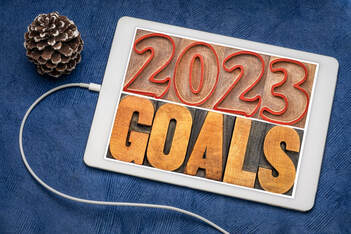
2023 is right around the corner. Many of us will be revisiting goals and setting New Year's goals and resolutions.
Studies show that as many as 91% of people who set New Year's goals don't actually meet them.
Coaching can help. Coaching is an experience that specifically helps you achieve your goals through meaningful conversations. You also get the experiential advantage when you invest in yourself with coaching. And, it's an experience that you will probably never forget. It could transform your life.
I am offering 50% off all coaching bundles through the end of the year. That includes: Starting coaching during the holiday season and as the year ends may not be practical. I get that. That's why you may want to have your discovery conversation and buy your coaching bundle now and then start coaching in the New Year. Just click the link below. Impactful change starts with a conversation! Schedule your free, one-hour session by clicking here: Discovery Conversation with Alan Or call or email me: Contact Page
And so...
Despite knowing about the experiential advantage, Santa will still bring toys and stuff under the tree this year at the Mikolaj home. But, it will influence us, for sure. Maybe lovebirds or a puppy, this year? Discussions and negotiations are still in progress on that. More to come... In addition, the Grinch is right about Christmas. Just the experience of loved ones and our spiritual practices this time of year are gifts in and of themself. It came without ribbons. It came without tags. It came without packages, boxes, or bags. Maybe Christmas (he thought) doesn’t come from a store. Maybe Christmas perhaps means a little bit more.
Happy holiday season!
Have an amazing journey today!
Alan Mikolaj is a coach and leadership development consultant with 15+ years of experience. He is passionate about helping leaders transform their leadership, their teams, and their organizations. Impactful, professional approach driven by a passion for meaning and purpose, a growth mindset, and a commitment to excellence and service in order to drive change and results.
Alan maintains the ethics and standards of behavior established by the International Coaching Federation (ICF), including the standards regarding confidentiality. You can learn more about them on the ICF website. |
Alan Mikolaj
Alan Mikolaj is a a professional, experienced, positive, and passionate speaker, leadership and organizational development consultant, change agent, author, and coach. He holds his Master of Arts degree in Clinical Psychology from Sam Houston State University. He is a certified graduate coach from Coaching Out of the Box and holds his ACC and membership with the International Coaching Federation (ICF). Free Discovery Conversation!
Impactful change starts with a conversation! Schedule your free, one-hour session by clicking here: Discovery Conversation with Alan
Or call or email: Contact Page In his third book, A Travel Guide to Leadership, Alan offers you simple, fundamental, and powerful lessons that have the power to transform you, your relationships, and your career.
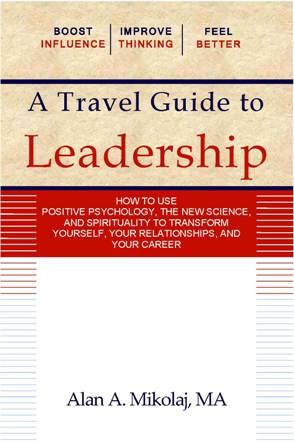
Blog Archives
July 2024
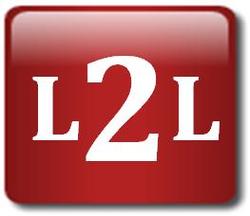
Linked2Leadership
Ranked #1 Business Blog! |
|
CONTACT
TEL: 346-291-0216 EMAIL: [email protected] SCHEDULE TIME WITH ALAN Free Discovery Conversation with Alan |

